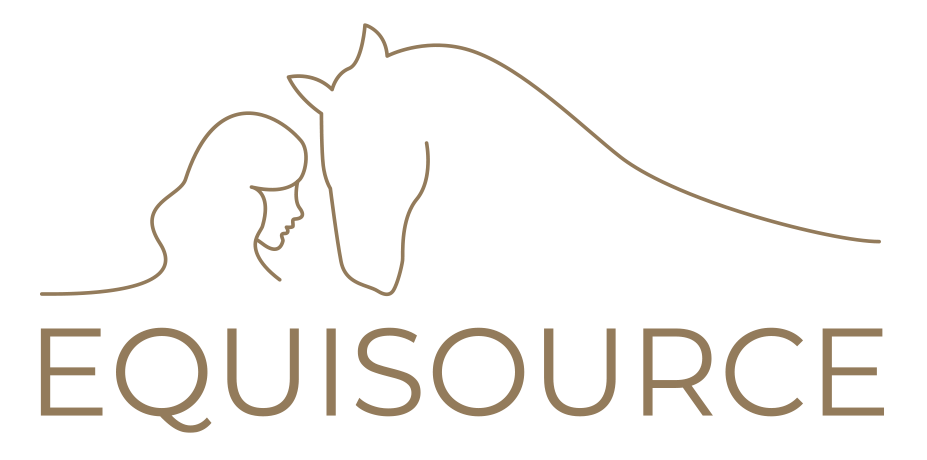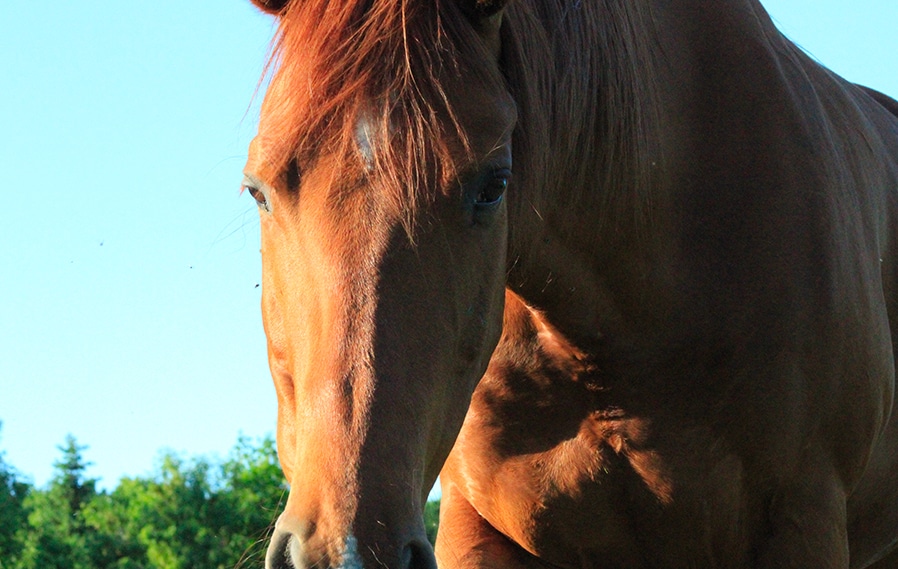sports coaching
WHY DO EQUESTRIANS NEED MENTAL TRAINING?
Equestrian Training is an incredibly challenging sport that puts big demands on the body and mind of horse and rider. A rider has their own mind to manage and the mind of their equine partner. Performance in equestrian sport, a rider needs to manage emotions, body language and fear. They need to bounce back from setbacks and develop strong mental habits to support them through the inevitable ups and downs of a life with horses.
They need determination, courage, clarity of purpose, patience, and perseverance. Equestrians are busy people and as a result, mental skills training is rarely prioritised. Ut is becomingly increasingly popular as equestrians begin to recognize the life-changing benefits of learning to manage their minds. Mastering emotionally fitness and the right mindset so Riders can improve results, experience their sport having fun and develop a strong bond with their horse.
“Before I started working with Julie I was frustrated and scared when it came to my riding. After working with Julie for a short time with my coach we noticed a huge difference in my riding! I am able to be confident in my decisions and my horse is much happier and is back trusting me. My mindset has completely changed and I find myself wanting to jump the big or spooky jumps that used to scare me! ”
WHY MENTAL SKILLS WILL HELP YOU AS A RIDER?
– Make a plan and become focus and measuring results
– Optimise performance in training and competition
– Increase confidence
– Managing nerves in competition and at home
– Maintain motivation
– Returning to riding after a long break
– Recovering from an accident/fall/ or traumatic event
– Preparing for a competition or event
– Build a harmonious and strong relationship with your horse(s)
WHAT TO EXPECT FROM WORKING TOGETHER:
– An evaluation of your current challenges and mental fitness
– Working together to train and develop your mental skills
– A developing awareness of how to coach yourself through challenges and difficult experiences
– Tangible skills you can practice in and out of the saddle
– Optional support implementing those skills in the saddle (virtually or in-person)
– Optional support implementing at competition (virtually or in-person)

